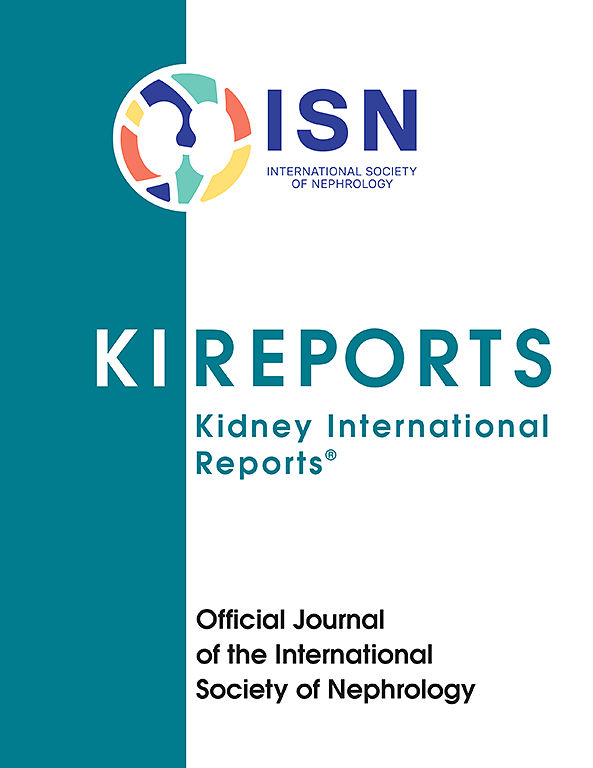预防肾病综合征的静脉血栓栓塞:阿司匹林、维生素K拮抗剂和直接口服抗凝剂的作用
IF 5.7
2区 医学
Q1 UROLOGY & NEPHROLOGY
引用次数: 0
摘要
肾病综合征(NS)与静脉血栓栓塞事件(vte)的风险显著升高相关,这有助于发病率和死亡率。NS患者静脉血栓栓塞预防的现行指南是基于有限的证据,主要来自观察性研究。这篇综述描述了NS高凝性的复杂性,重点是阿司匹林作为潜在的预防药物。我们概述了静脉血栓栓塞的病理生理机制,强调了低白蛋白血症、抗凝血丧失和血小板反应性增强等因素。本综述还总结了阿司匹林在降低血栓栓塞风险中的作用的现有数据。尽管阿司匹林可能有利于特定的患者群体,但其疗效仍不确定,一些研究表明阿司匹林和抗凝血剂的联合使用可更有效地降低风险。未来的研究,特别是大规模的随机对照试验(rct),有必要明确阿司匹林在预防静脉血栓栓塞中的作用。我们的综述强调需要个性化的预防策略来平衡NS患者的血栓和出血风险。本文章由计算机程序翻译,如有差异,请以英文原文为准。
Venous Thromboembolism Prevention in Nephrotic Syndrome: The Role of Aspirin, Vitamin K Antagonists, and Direct Oral Anticoagulants
Nephrotic syndrome (NS) is associated with a significantly elevated risk of venous thromboembolic events (VTEs), which contribute to morbidity and mortality. Current guidelines for VTE prophylaxis in patients with NS are based on limited evidence, primarily from observational studies. This review describes the complexities of hypercoagulability in NS, with a focus on aspirin as a potential prophylactic agent. We outline the pathophysiology underlying VTE in NS, highlighting factors such as hypoalbuminemia, anticoagulant loss, and heightened platelet reactivity. This review also summarizes the available data on the role of aspirin in reducing thromboembolic risk. Although aspirin may benefit select patient groups, its efficacy remains inconclusive, with some studies suggesting a combination of aspirin and anticoagulants for more effective risk reduction. Future studies, particularly large-scale randomized controlled trials (RCTs), are necessary to clarify the role of aspirin in preventing VTEs in this population. Our review underscores the need for individualized prophylactic strategies that balance thrombotic and bleeding risks in patients with NS.
求助全文
通过发布文献求助,成功后即可免费获取论文全文。
去求助
来源期刊

Kidney International Reports
Medicine-Nephrology
CiteScore
7.70
自引率
3.30%
发文量
1578
审稿时长
8 weeks
期刊介绍:
Kidney International Reports, an official journal of the International Society of Nephrology, is a peer-reviewed, open access journal devoted to the publication of leading research and developments related to kidney disease. With the primary aim of contributing to improved care of patients with kidney disease, the journal will publish original clinical and select translational articles and educational content related to the pathogenesis, evaluation and management of acute and chronic kidney disease, end stage renal disease (including transplantation), acid-base, fluid and electrolyte disturbances and hypertension. Of particular interest are submissions related to clinical trials, epidemiology, systematic reviews (including meta-analyses) and outcomes research. The journal will also provide a platform for wider dissemination of national and regional guidelines as well as consensus meeting reports.
 求助内容:
求助内容: 应助结果提醒方式:
应助结果提醒方式:


